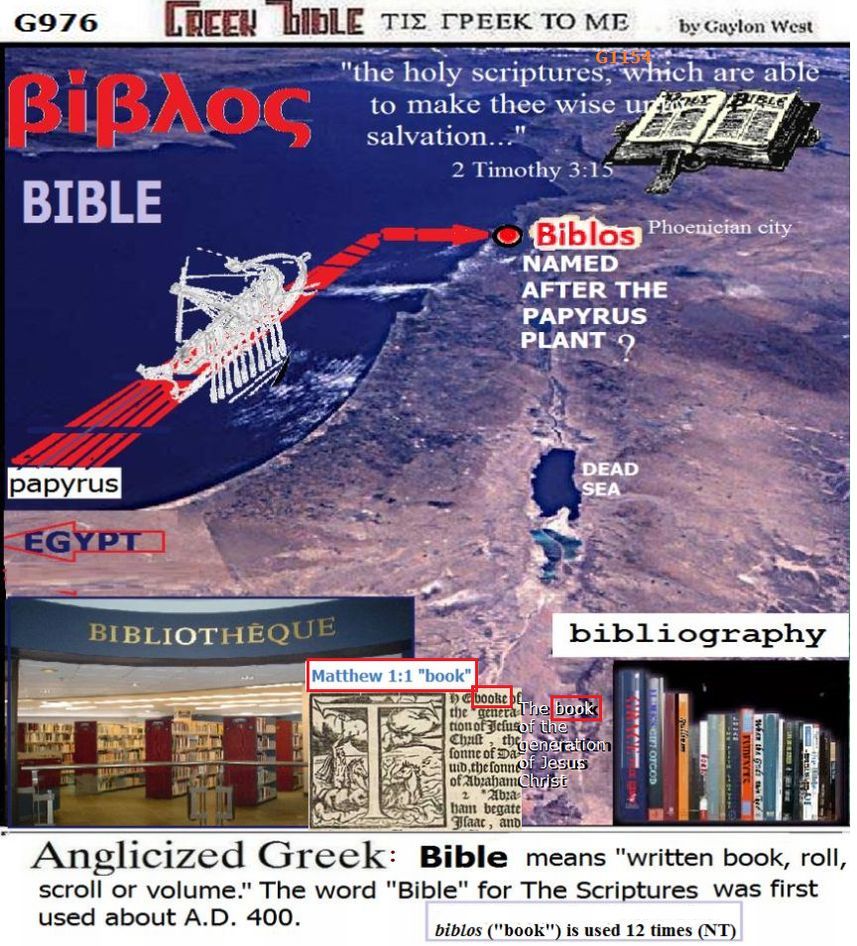"Behold, ye despisers, and wonder, and perish: for I work a work in your days, a work which ye shall in no wise believe, though a man declare it unto you" (Acts 13:41).
As a youngster, I enjoyed making up stories to entertain an audience of my younger sisters' friends. In school I had been fascinated with Greek mythological "heroes" and their feats with the help of the Grecian gods and goddesses. Such existing stories indicated to me that maybe the stories of the Bible were made up too. For example, there was a Heracles in Grecian tales, who was later identified with Hercules of the Romans. Were not both similar to the Nazarite Samson in the Hebrew Scriptures? A major difference, according to the author of New Evidence That Demands a Verdict, Josh McDowell, is that the Bible events are attached to historic flesh and blood people. Especially is this true with the New Testament Jesus where the writers are writing about people and things they knew personally.
We are fortunate that the Bible we have was not "oracles" that were just dropped from heaven with instructions to be read and blindly accepted as divine sayings, and therefore, to be obeyed. The Bible is left to us as a historical record delivered by human witnesses who can be tested and examined as we would any witness.

The word "bible" is from Latin biblia, which in turn is from the Greek word biblos that means "book." When the word is used in the Greek New Testament, it refers to a single book, e.g., Matthew 1:1, "the book of the generation of Jesus Christ"; or to a collection, such as is referred to in Mark 12:26, " have ye not read in the book of Moses." Psalms is referred to as "a book" (Luke 20:42; Acts 1:20); the minor prophets are called "a book" (Acts 7:42).
The Bible is really Bibles, plural. It is a collection of 66 "books" containing history, poetry, prophecy, wisdom, letters.
These books were written by 40 different writers who were from different backgrounds: shepherd, fishermen, doctors, kings, prophets. The 66 books were written over a period of 1500 years.
The Bible books were written in ancient languages of Hebrew, Aramaic, and Greek. They were written on three different continents: Africa, Asia, and Europe.
With this varied background, there is a collection of books that share a common storyline--creation, fall, and redemption of God's people. There is a common theme--God's universal love for all of humanity. There's a common message-- salvation is available to all who repent of their sins and commit to following God with all their heart, soul, mind and strength.
These books are unique in containing no historical errors or contradictions.
This is a challenge to you. Go into any library in the world and find 66 books which match the following characteristics. The 66 books must have been written by 40 different authors, over a span of 1500 years, in three languages, written on 3 different continents, sharing a common storyline, a common theme, common message, with no historical errors or contradictions. What are the chances that you could do this?
- Gaylon West
THROW OUT THE LIFELINE
